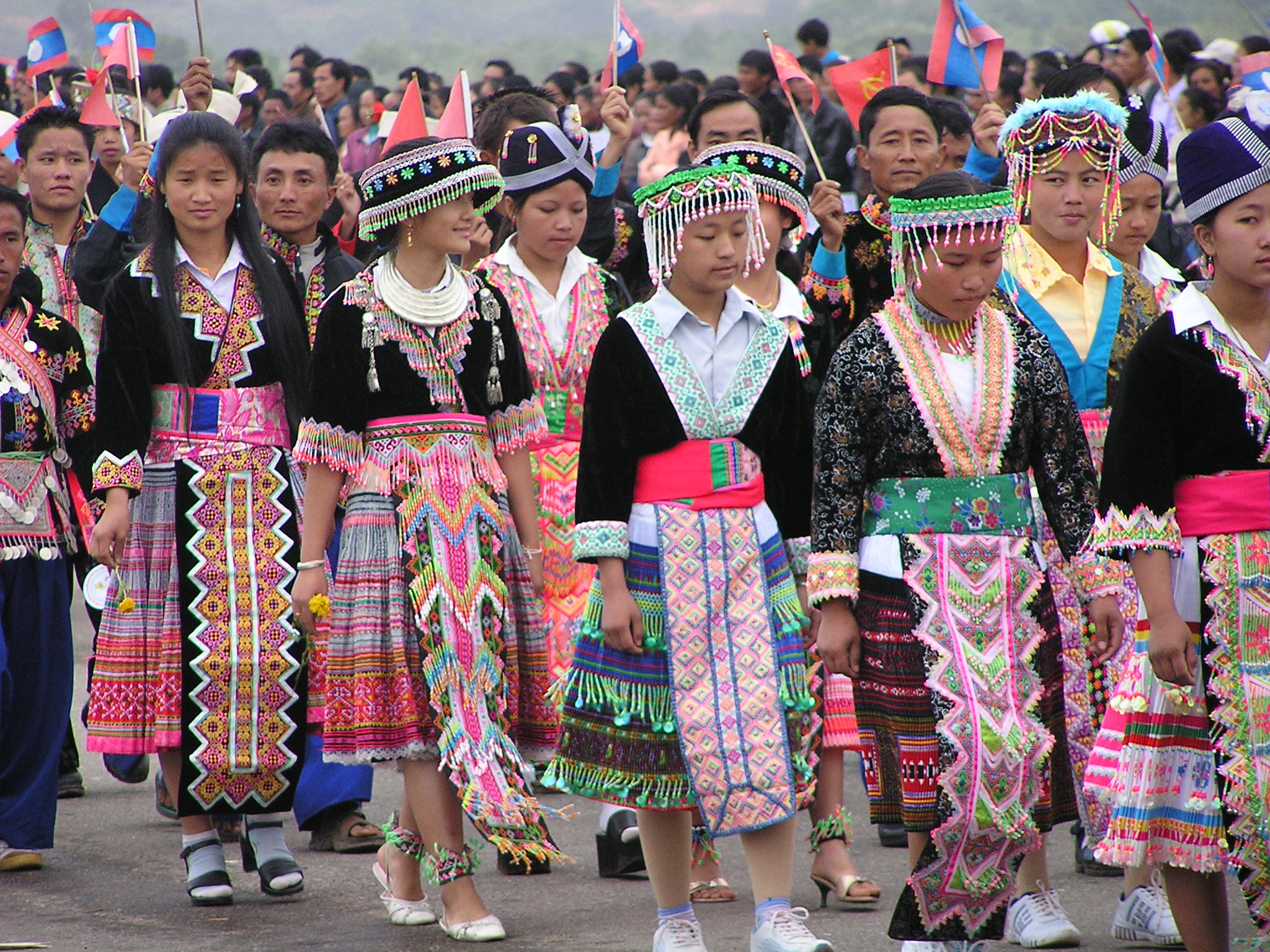It’s hard being Hmong. Honestly, I used to hate it and sometimes I still do.
I didn’t understand why I was born as a Hmong female and why I had to follow certain traditions.
I thought I was living in a country that’s known for its independence, freedom, and (growing) equality, but then I came to realize that, yes I do live in that country, but that is not my culture, my history.
I got into constant fights and arguments with my family and myself.
I was confused about who I was and what the “right” person was, who I wanted to be and who I should be.
Was I not a good daughter if I didn’t portray Hmong traditions because some of them were the exact opposite of what I believed in, what I was passionate about?
Is being an American, living in westernized culture, and being a bit “white-washed” bad?
Was I not a good daughter if I didn’t portray Hmong traditions because some of them were the exact opposite of what I believed in, what I was passionate about?
These are four reasons to why being Hmong (a Hmong female) annoyed me, irritated me, confused me, and honestly, hurt me.
1. I hated how no one knew what Hmong was.
What I hated more than that though was how ignorant people were when you told them what Hmong was.
I know not everyone is like that, but still, it bothered me.
People: “Hey what ethnicity or race are you?”
Me: “I’m Hmong.”
People: “What’s that?”
Me: I tell them what Hmong is.
People: “Ohhh so you’re Chinese? Japanese? Korean?”
Me: “No, I’m Hmong.”
People: “Um, okay.”
2. Gender roles are definitely one thing that bothers me about Hmong culture: the patriarchal Hmong tradition.
The men were always favored and was ruled “superior”, while the women were last priority, oppressed, and were sometimes portrayed as objects.
I didn’t like how I had to cook, clean, and cater to the men while they sat around doing nothing.
I didn’t like how I wasn’t allowed to do certain things or hang out with friends or even family members.
It felt like I was bound to all male beings and would serve them for the rest of my life.
Who I am and what I wanted, though, was equality for all genders because we too are human beings.
3. Although this could be for any culture, all Hmong people know this is true within the Hmong community.
Gossip travels like there’s no tomorrow within the community.
You tell someone one thing and the next thing you know, everyone knows.
What’s worse than gossiping gossip, though, is that the important issues such as domestic violence, child abuse, and sexuality are either taboo or swept away.
I don’t like people knowing my issues in life unless I decide to tell them myself.
I don’t understand why you need to talk about other people’s issues and share it, especially when it doesn’t concern you.
4. People thought that because you were a Hmong teen, you were married already or should be getting married.
I understand that in Hmong culture, you get married in your teens, but that doesn’t mean that I have to get married in my teens.
I didn’t like how I wasn’t allowed to do certain things or hang out with friends or even family members.
I didn’t like how the elders pressured you to get married, asked if you were married yet, and even tried getting you to meet their son(s).
I’m sorry, but I don’t want to meet your son and force myself to like him when I don’t.
I don’t want to get married as a teen and that is my choice.
If you want to get married in your teens, go for it because it’s your life, your love life, not mine.
Although I don’t necessarily like these things, I now understand that I have to accept them, but not conform to them.
I want to be able to create my own cultural identity while keeping my roots and staying at peace with the country I am a part of today.
I came to the realization that I need to rediscover and find myself as an American Hmong woman.
There will always be people who ask me what Hmong is.
I want to be able to embrace the Hmong culture and its history and share it with others even if they don’t understand or acknowledge it.
I am grateful that I was able to learn how to cook, clean, and cater to others, but that doesn’t mean I should allow myself to be taken advantage of.
I will still fight for gender equality. Gossip is gossip. Even though it spreads fast within the Hmong community, I’ve learned that people will always talk. I just need to know who I am and be confident in myself. Finding balance within all cultures and myself is not an easy path to take, but they say the hardest decisions and the hardest paths in life are the most important ones.
I am a Female Hmong American and I accept who I am.
